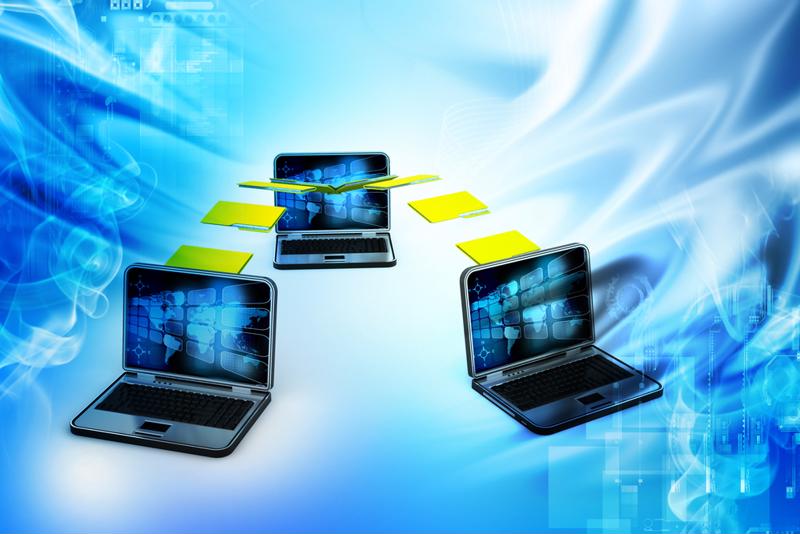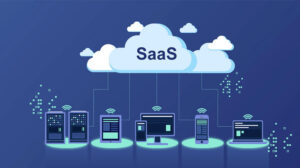If there's anything health care providers are tired of hearing about, it's probably meaningful use. Recent pressure for organizations to move physical health documents into the digital realm as electronic health records has created understandable hubbub within the health care industry. According to HealthIT.gov, the goal of the meaningful use guidelines is for providers to use EHRs to improve patient care across the board, eventually resulting in better citizen health around the country and better patient outcomes.
EHR security: Could there be an issue?
The use and transmission of EHRs is integral to utilizing the data contained within them to offer the best patient experience across multiple providers or specialists. A crucial part of migrating medical information into a digital format is being able to guarantee the confidentiality in these kinds of documents – and one of the goals of meaningful use is to be able to provide a more secure means of sharing information between health care organizations. But what if the system you used to send and receive these EHRs was compromised?

As more documents are being hosted in the cloud or on servers within health organizations, cybersecurity is being increasingly discussed alongside EHR security. However, small and large companies and health care organizations alike may not be aware that another piece of equipment in their offices could leave them open to attack: their printing fleet.
Fax machines and printers may offer a point of vulnerability previously unknown to the world of medical records. According to PCWorld contributor Eric Geier, since printers and fax machines are connected to other computers on the network, they could provide a route for hackers or other malicious actors to gain access to confidential information that would otherwise be protected by a firewall or other security measures. A recent Ponemon Institute study found that about 91 percent of health care organizations have been victims of at least one cyberattack in the last five years, demonstrating an increased need for better security and more stringent network protection across the board.
Network access isn't the only problem. Physical security is also an issue. When fax machines save physical or thermal copies of every document sent, that presents a distinct security risk, according to CBS News. If anyone with malicious intent were to access these physical copies, confidential information could become public knowledge and lead to serious business concerns or, on the personal level, identity theft. Within the health care industry, this consideration becomes even more serious, because EHRs contain confidential information about specific patients like birth dates and Social Security numbers.
"It's time for hospitals and other health care providers to consider the impact of fax solutions on the security of EHRs."
What can be done?
The security concerns – both network and physical – that traditional fax machines don't account for need to be resolved, including the question of how health care organizations better protect their faxes. According to ComputerWeekly contributor Michael Cobb, creating a faxing policy could be the key for companies to ensure security of their faxed documents, but what would it do for health care organizations that already have to follow the stringent meaningful use guidelines?
It's time for hospitals and other health care providers to consider the impact of fax solutions on the security of EHRs. FoIP systems eliminate the need for thermal copies because the documents are saved on an email server instead of made available to whoever is looking for the information. Health IT Exchange contributor Yvonne Li mentioned that widespread implementation of fax and EHR integration has yet to be seen, but it could provide another secure avenue for patient data to be transmitted between organizations.
In addition, fax solutions offer a HIPAA-compliant way to share other documents without worry. Step five of the meaningful use guidelines outlines the goal of having 40 percent of all permissible prescriptions written by physicians sent electronically via certified EHR technology. FoIP systems would also allow for the easy transmission of prescriptions from doctor to pharmacy without relying on paper and notoriously illegible doctors' signatures, and it would help fulfill this part of the meaningful use guidelines.
Enhance enterprise communication, collaboration and compliance efforts with a proven FoIP solution from FaxCore. Contact FaxCore today to learn more about their 'Partly-Cloudy' fax solutions.




